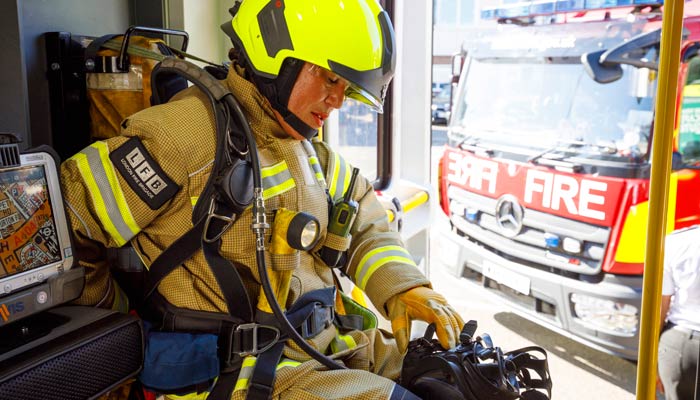The incidents we attend can be divided into types - for example, fires, hazardous substances, road traffic collisions etc.
For each type of incident, we have agreed in advance what resources will need to be sent, or ‘mobilised’. This includes the number of fire engines, specific equipment, and specialist teams. This is called a Pre-Determined Attendance (PDA).

How PDAs are decided
When a change needs to be made to how we mobilise, it will be presented to our Mobilising Governance Board. The Board is made up of stakeholders and chaired by the Assistant Commissioner for Control and Mobilising. The Board will review the proposal, and if it’s approved, the change will become policy.
The Board also carries out regular reviews of how we mobilise to ensure our policies still work effectively.

When extra resources are needed
The PDA only sets out the minimum level of response, so more resources will be mobilised in some circumstances – for example if lots of calls are being received, or if there are reports of people involved.
PDAs can also be increased if there are known risks at a specific location, for example if we know that a warehouse on fire is occupied by squatters. These are known as special attendances.
So while the PDA gives us a starting point when it comes to allocating resources, we can still adapt our response depending on the requirements of a particular incident.
